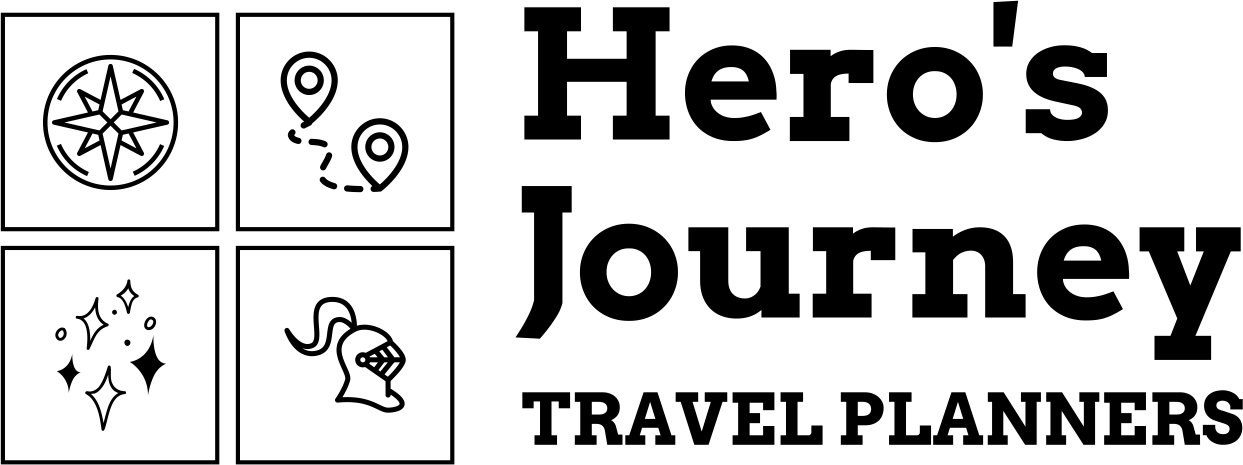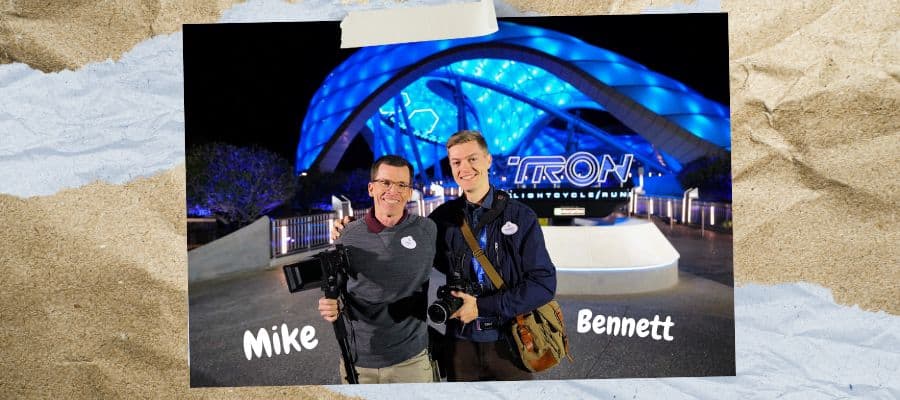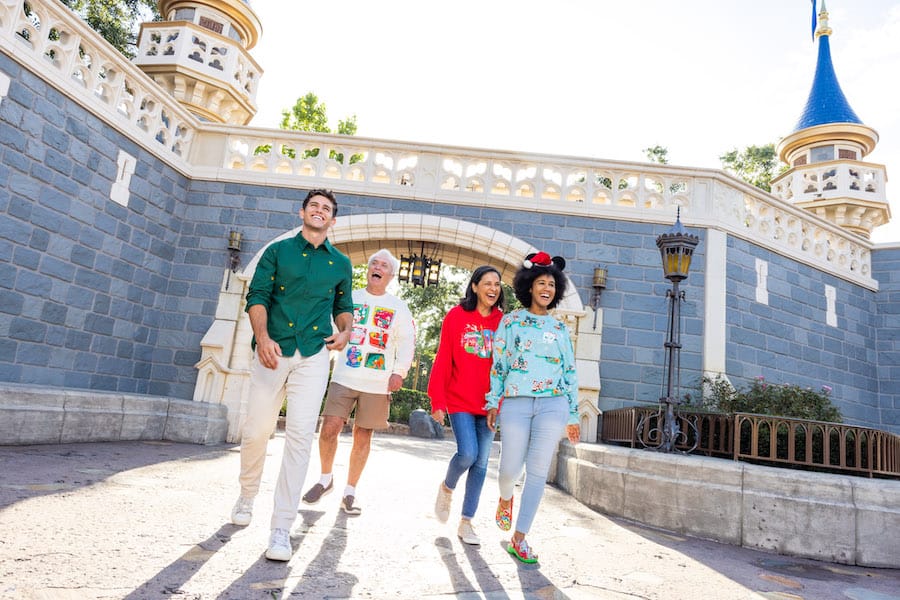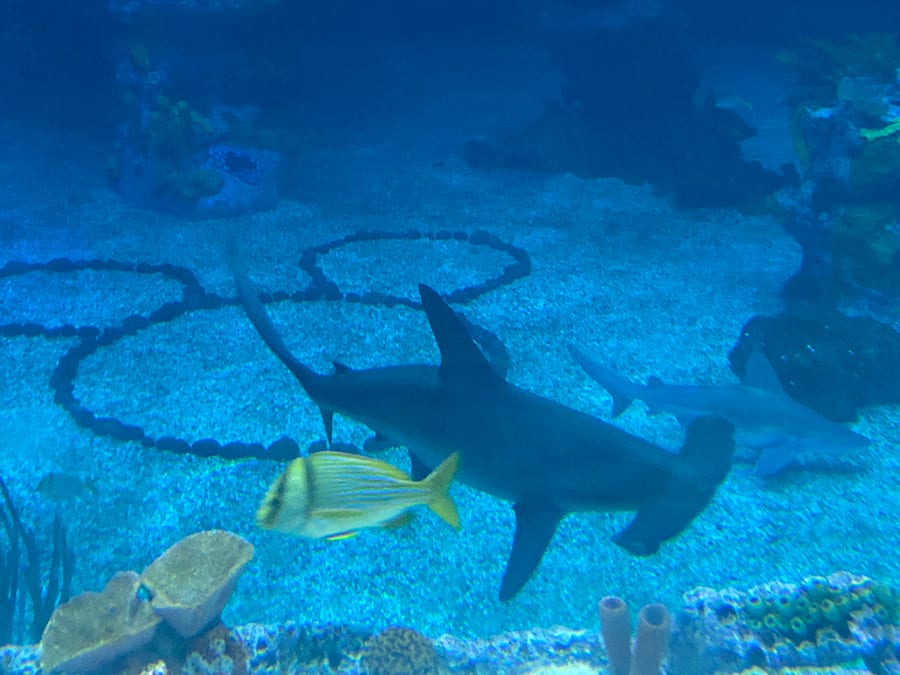
Diving Behind the Scenes of Animal Care with a Walt Disney World Aquarist
Originally published at Disney Parks News
If you visit The Seas with Nemo & Friends at EPCOT, you may spot Haliaka, a hammerhead shark with a big personality. A quick-witted, curious problem solver, Haliaka is the favorite of Disney aquarist Noel Moul. “She’s so different from any hammerhead I’ve worked with,” laughs Noel. “She’s very in-your-face, very social.”
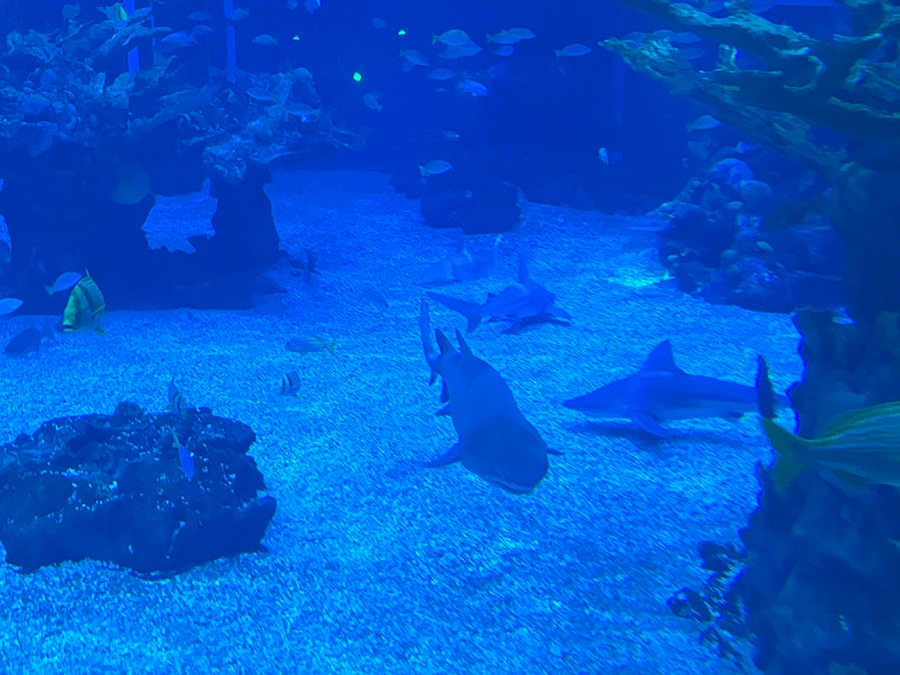
Haliaka is a perfect example of the species Disney is working hard to protect through its various conservation efforts — and Noel is thrilled to be able to play a part.
After getting her start through various aquarium internships in Hawai’i, she relocated to Florida and began her Disney journey almost four years ago. “I’ve always loved sea creatures,” she shares as her reason for diving into her role as an aquarist. “I found I really enjoyed aquariums because it wasn’t just working with one species of animals…it’s just so diverse.”
At The Seas, Noel gets to work early in the morning to spend alone time caring for the animals in the main environment. She feeds the sharks while it’s still dark out, using a contrasting light cue that functions as a “dinner bell” to direct the fish to their meal. Noel explains that although the sharks are trained to “know exactly where to go,” feeding them is a bit complicated because they can’t stop swimming to eat. These sharks need to continue swimming to allow water to pass over their gills to breathe. So instead, Noel moves with them as they feed, which requires a bit more coordination.
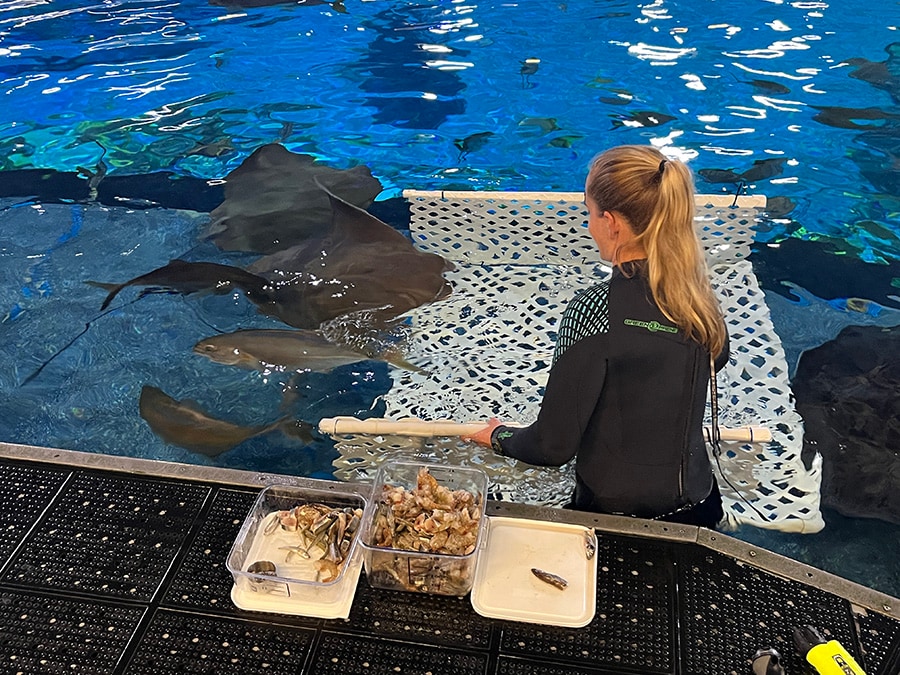
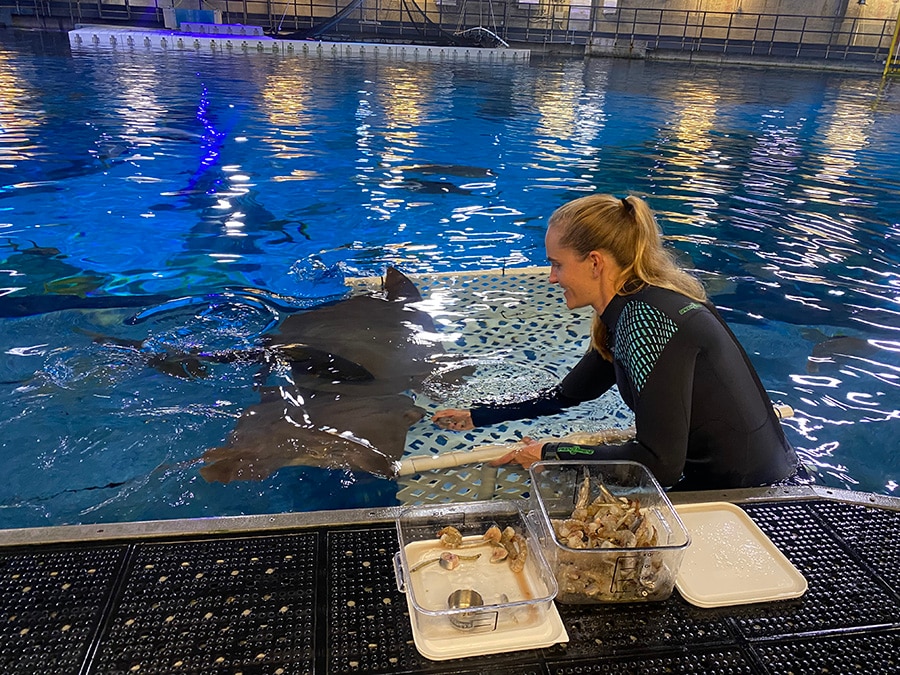
After feeding the sharks underwater, Noel moves on to the topside feed.
First up is the bowmouth guitarfish, also known as a “shark ray.” Then, Noel places a ramp into the water to feed the cownose rays. As they each pass over the ramp to receive their food, Noel tracks their diet, overall health and any behavioral changes. She is impressively adept at identifying them in a heartbeat as they splash water around on the ramp — for example, cownose ray Buttercup tends to come across the ramp in the opposite direction before circling under and around the right way for her handful. Each ray has a story, and Noel laughs as she shares bits of knowledge about these special animals.
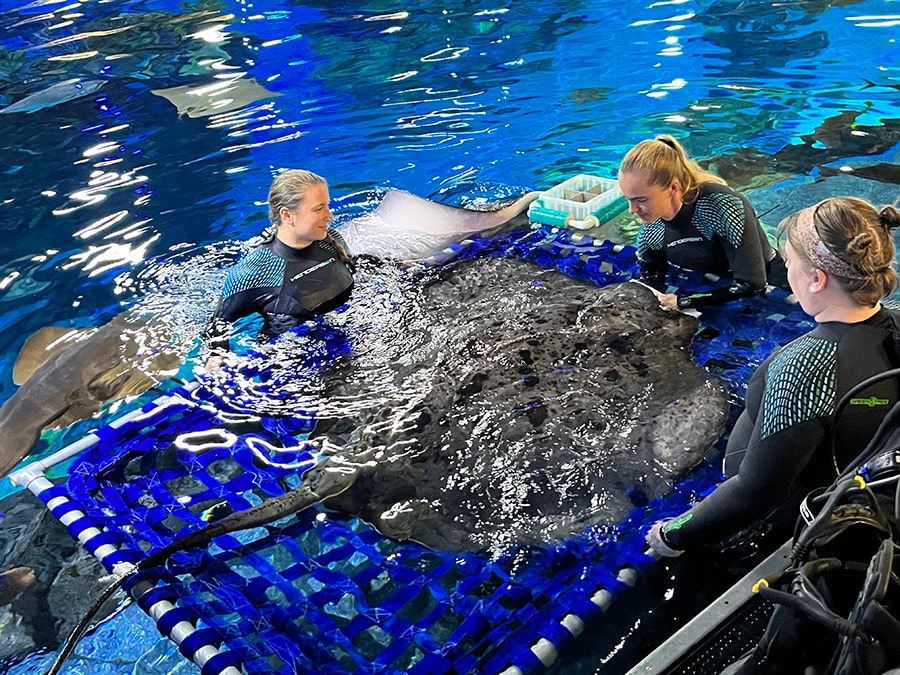
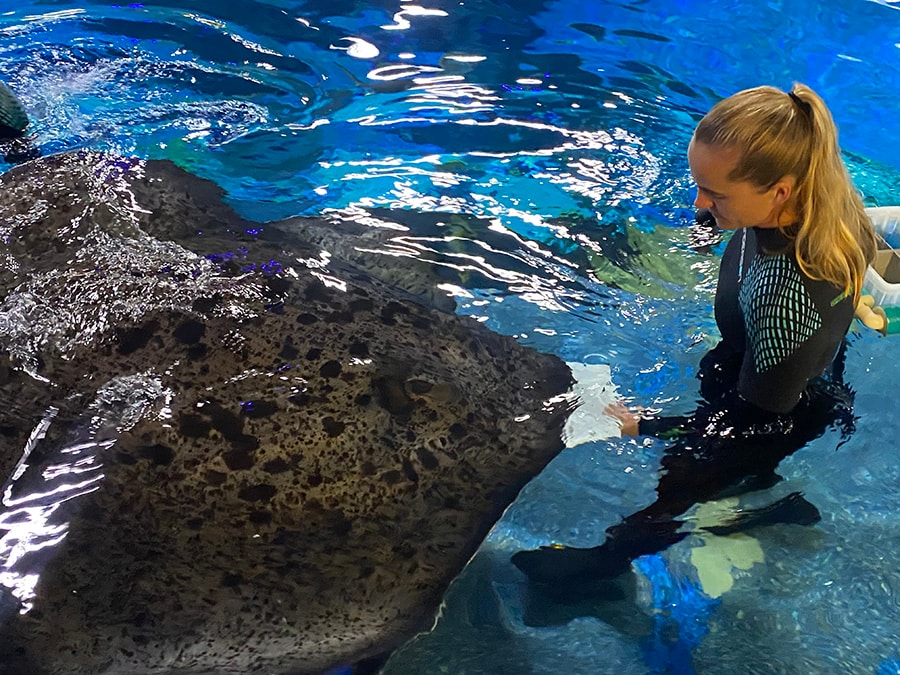
To complete the topside session, Noel and her team feed the larger black blotched rays using two large stretchers.
They are trained to come onto the stretcher and eat using a presented target — and as they have their daily routine perfected, they’ve been anticipating their feed since the stretchers hit the water. Then it’s time to move on to the in-water feeds. Noel goes to the bottom of the main environment to feed the shovel-nosed guitarfish, cowtail rays and porcupine rays.
Every animal has a special diet curated by the in-house Animal Nutrition Center team — and even the way they are fed is designed to mimic their most natural behaviors. Noel explains that the team strives to accurately reflect the environment of the ocean. For example, when visiting, you’ll see a variety of species in a high biodiversity environment that keeps the animals stimulated and engaged.
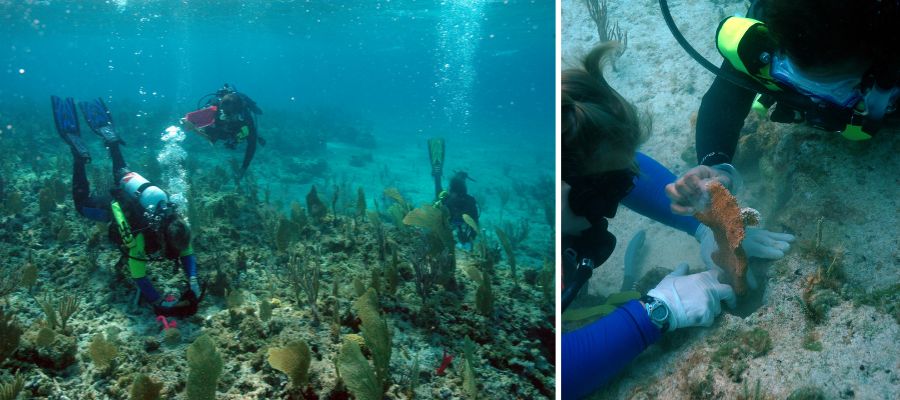
Disney is also doing its part to promote the well-being of the world’s oceans.
As a part of its Disney Planet Possible commitment to creating a happier, healthier planet for all, the Disney Conservation Fund has supported nonprofit organizations. Working to protect more than 30 species of sharks and rays globally. In the past, teams from The Seas have traveled to The Bahamas and Castaway Cay to apply their expertise to help grow fragments of coral and plant them back in the reef to rehabilitate the ecosystem.
Noel says this hands-on work is incredibly fulfilling. But smaller, day-to-day efforts can also make a huge impact. “If you go to the beach, be a good steward,” she shares. That means cleaning up after yourself — and picking up other trash you may see along the shore. She also advises visiting zoos and aquariums that, like The Seas with Nemo & Friends, Disney’s Animal Kingdom and Disney’s Animal Kingdom Lodge, are AZA (Association of Zoos and Aquariums) accredited. This means they’ve passed the highest standards for animal care and conservation.
Today is World Ocean Day, and Noel hopes people use the occasion to “remember our oceans and realize how important they are for our lives.” But just as the aquarists at The Seas work daily to protect and preserve our sea life, conservation should be on our minds 365 days a year. Next time you visit The Seas, go say hello to Haliaka, learn about her species and other amazing wildlife found in our oceans and inspire someone else to join you in taking action to protect the “big ‘ol blue!”
For more stories highlighting our incredible cast members, stay tuned to the Disney Cast Life blog.
